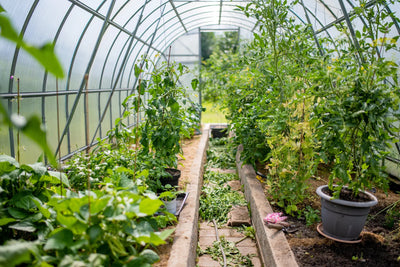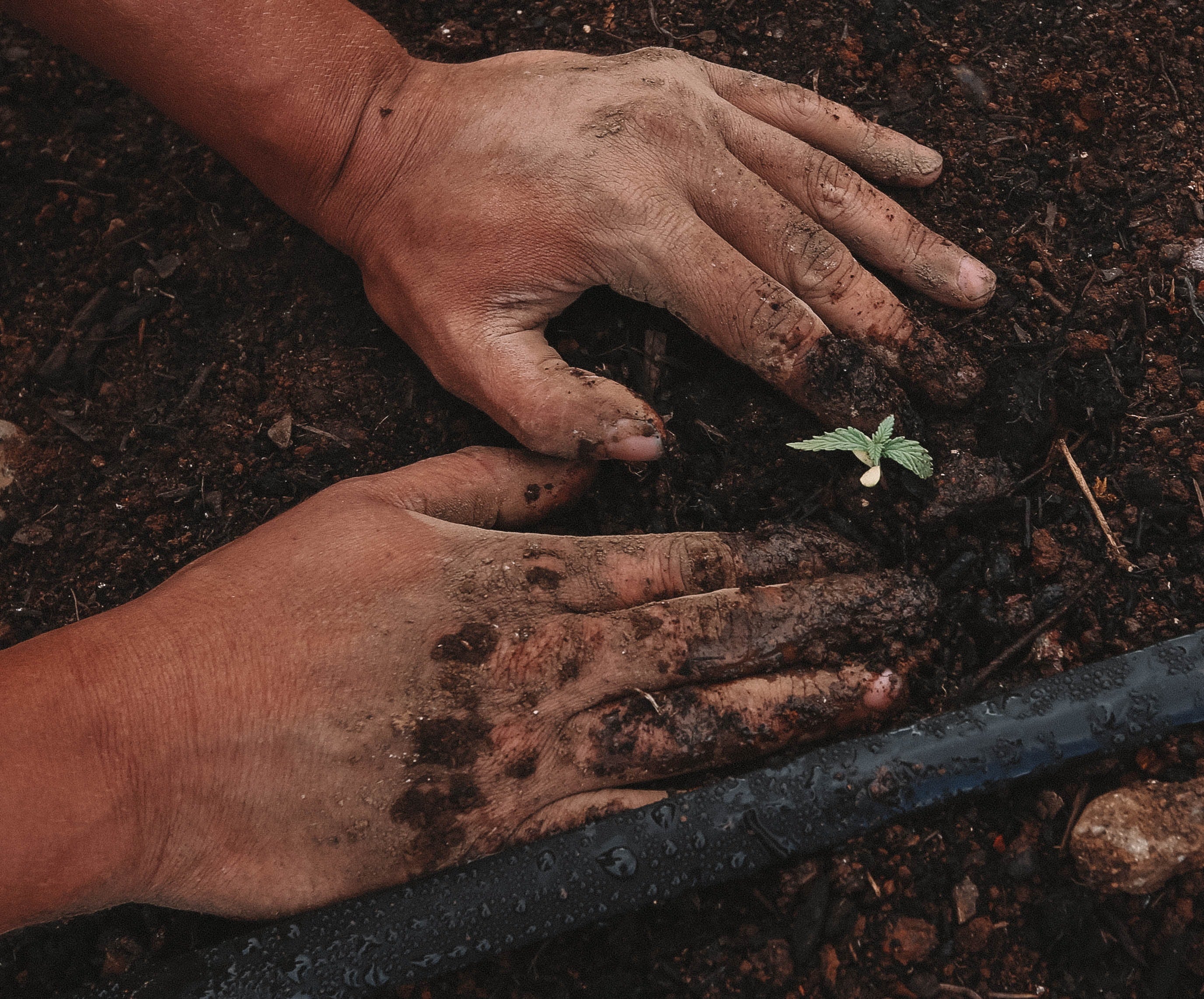In an era where sustainability is paramount and self-sufficiency is gaining prominence, the concept of survival gardens has captured the imagination of many. Survival gardens offer the promise of fresh produce even in times of uncertainty, providing a lifeline to individuals and families seeking to reduce their reliance on external resources.
A crucial component of a thriving survival garden is the soil in which these plants grow, and one of the most effective and eco-friendly ways to enhance soil fertility is through composting. Read on to understand the world of composting soil for survival gardens, focusing on techniques that are not only rich in benefits but also have a minimal carbon footprint.
The Power of Composting: A Sustainable Soil Solution
Composting is the age-old practice of recycling organic materials into nutrient-rich soil amendments. It not only diverts waste from landfills but also enriches the soil with essential nutrients, enhances water retention, and promotes healthy microbial activity. However, in the context of a survival garden, it becomes crucial to adopt techniques that align with the principles of sustainability and minimal carbon footprint.

Carbon Footprint-Free Techniques for Composting
-
Traditional Heap Composting: This classic method involves creating a heap or pile of organic materials such as kitchen scraps, yard waste, and even shredded paper. By layering "green" materials (nitrogen-rich items like fruit peels and grass clippings) with "brown" materials (carbon-rich items like leaves and straw), you establish a balanced environment for decomposition. With regular turning, aeration, and moisture management, this technique mimics nature's cycle, producing nutrient-rich compost over time without any significant carbon emissions.
-
Trench Composting: Trench composting is a technique that involves digging trenches directly into your garden beds. Organic materials are placed within these trenches and covered with soil. As the materials break down, they release nutrients into the soil, effectively enhancing its fertility. This method is particularly efficient for smaller survival gardens, as it requires minimal space and enables plants to access nutrients more directly.
-
Vermicomposting: Vermicomposting utilizes the power of worms to break down organic matter. Worms, specifically red wigglers, are introduced to a designated composting bin along with organic waste. They consume and process the waste, producing nutrient-rich castings that can be directly applied to the garden soil. This technique is not only low on carbon emissions but also accelerates the composting process.
-
Compost Tea: Compost tea is a liquid fertilizer that results from steeping compost in water. This technique extracts the nutrients from the compost and creates a nutrient-rich solution that can be sprayed onto plants or applied to the soil. By adopting this method, you're minimizing waste and maximizing the efficiency of nutrient distribution.
-
Sheet Mulching (Lasagna Composting): Sheet mulching, often referred to as lasagna composting, is a no-dig technique that involves layering organic materials directly onto the garden bed. This can include cardboard, newspaper, kitchen scraps, yard waste, and more. As the layers break down, they enrich the soil underneath. This method not only builds soil fertility but also prevents weed growth, reducing the need for chemical interventions.

Benefits Beyond the Garden
Embracing these carbon footprint-free composting techniques yields benefits that extend beyond your survival garden:
-
Waste Reduction: Composting diverts organic waste from landfills, reducing methane emissions and promoting responsible waste management.
-
Lower Energy Consumption: By composting at home, you reduce the need for waste transportation and the associated carbon emissions.
-
Soil Carbon Sequestration: Healthy soil enriched with compost acts as a carbon sink, capturing atmospheric carbon dioxide and aiding in climate change mitigation.
-
Water Conservation: Compost-enhanced soil retains water more effectively, reducing irrigation needs and conserving water resources.
As we navigate an era of environmental consciousness and resilience, survival gardens offer a tangible solution for food security. Composting soil using techniques that leave minimal carbon footprint is a vital step towards cultivating healthy, thriving gardens that not only sustain us but also contribute positively to the planet. Whether you're practicing traditional heap composting, vermicomposting, or any other method mentioned, you're not only enriching your soil but also embracing a sustainable lifestyle that resonates far beyond the boundaries of your garden.











